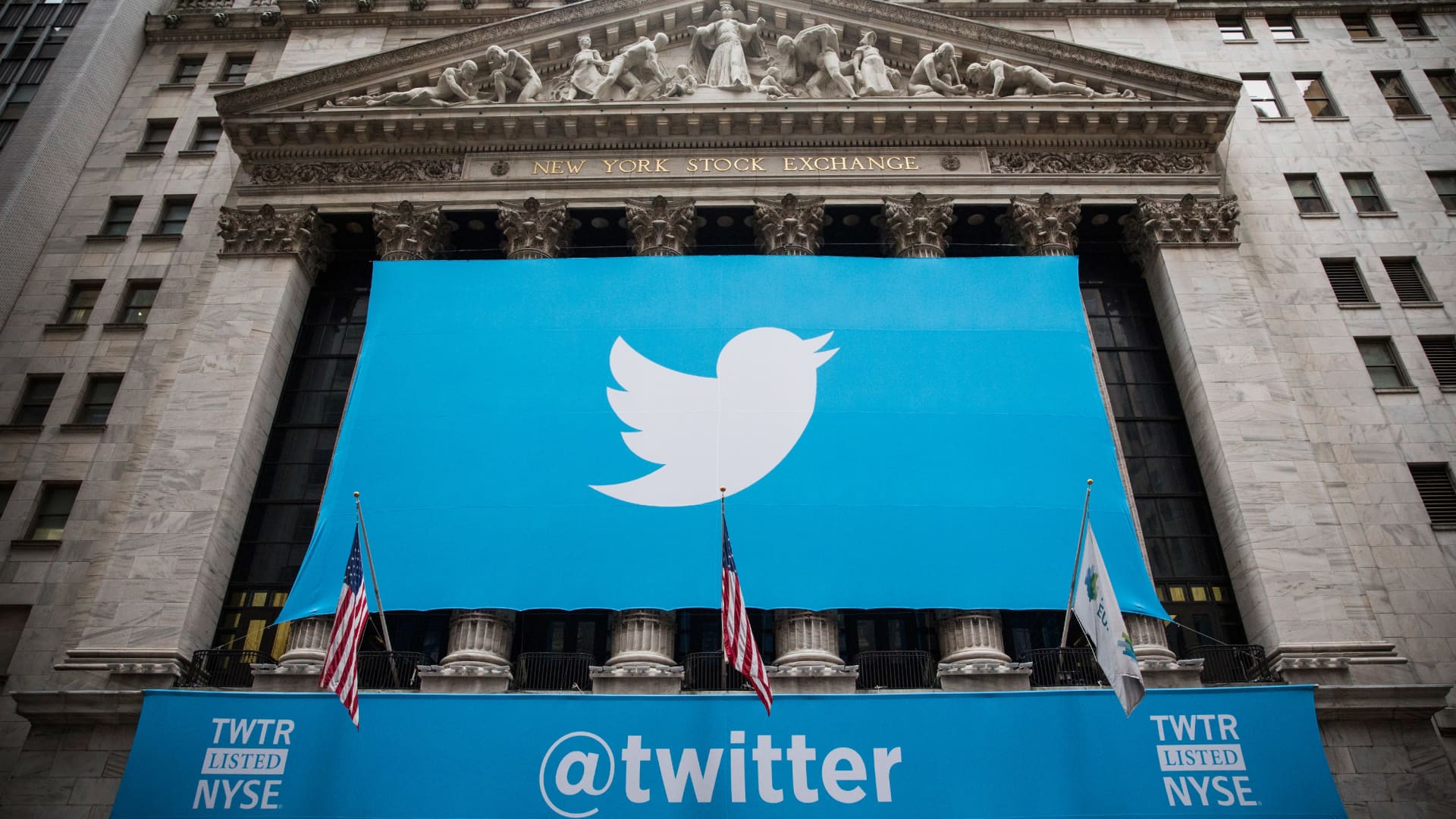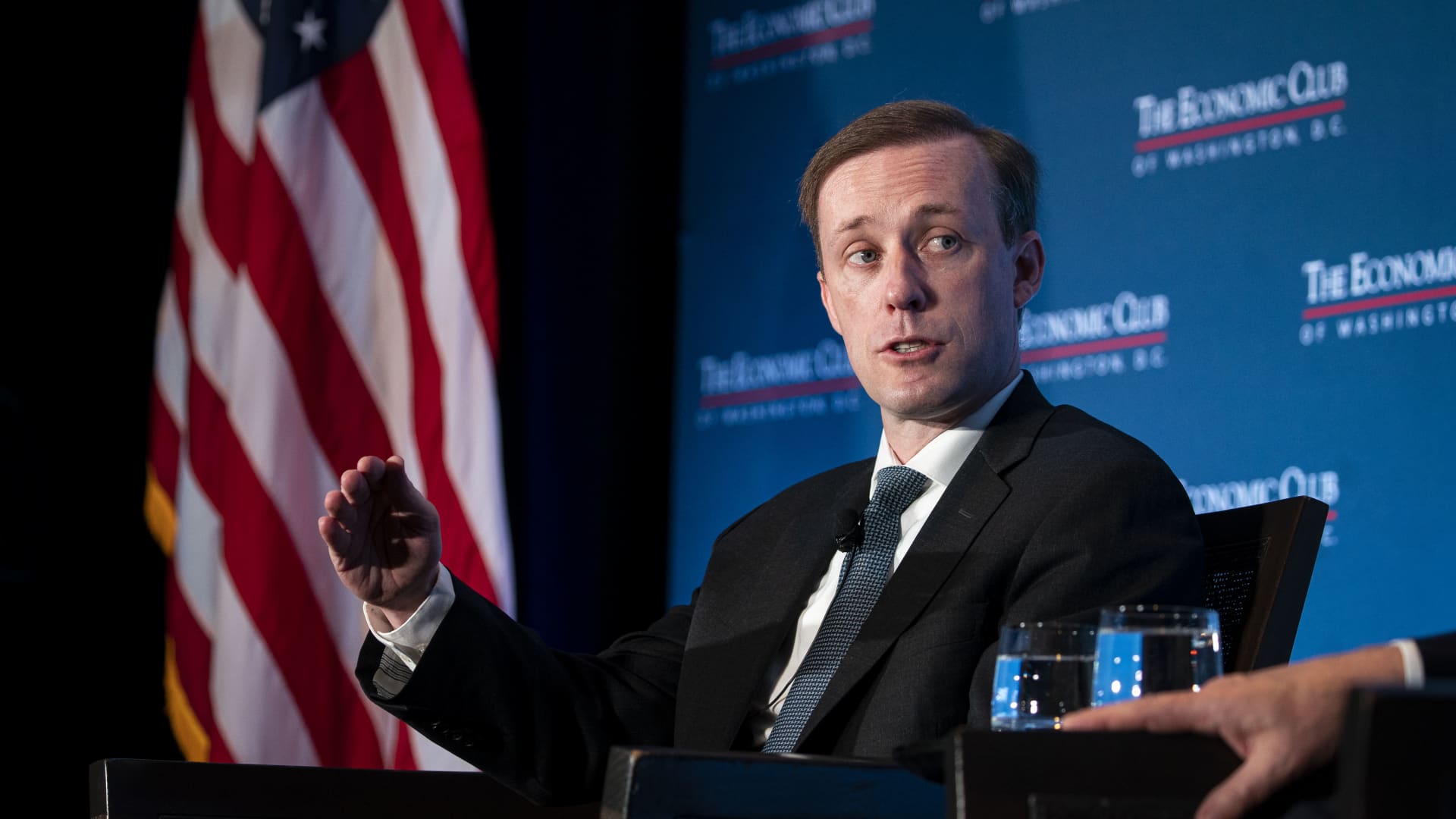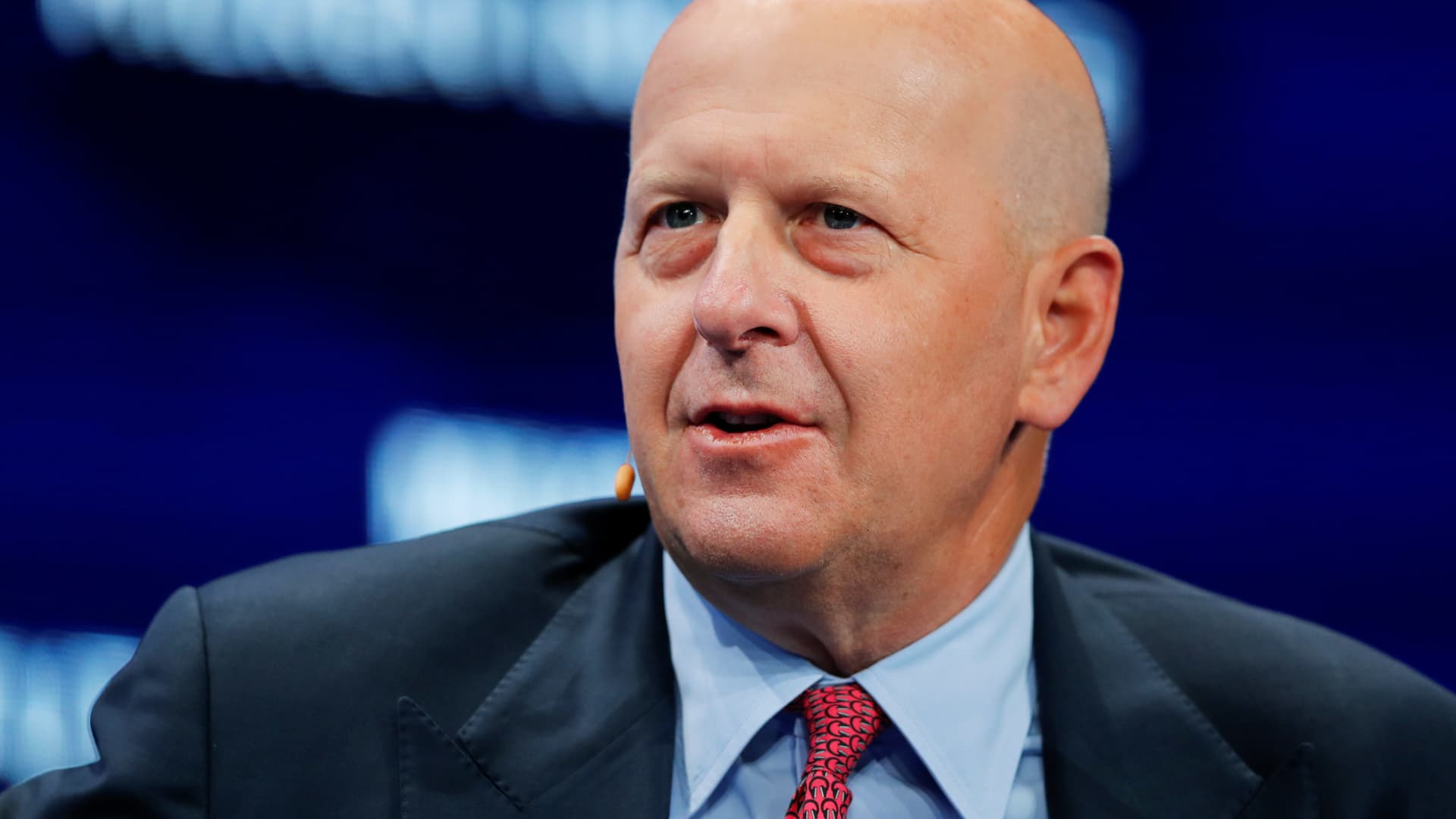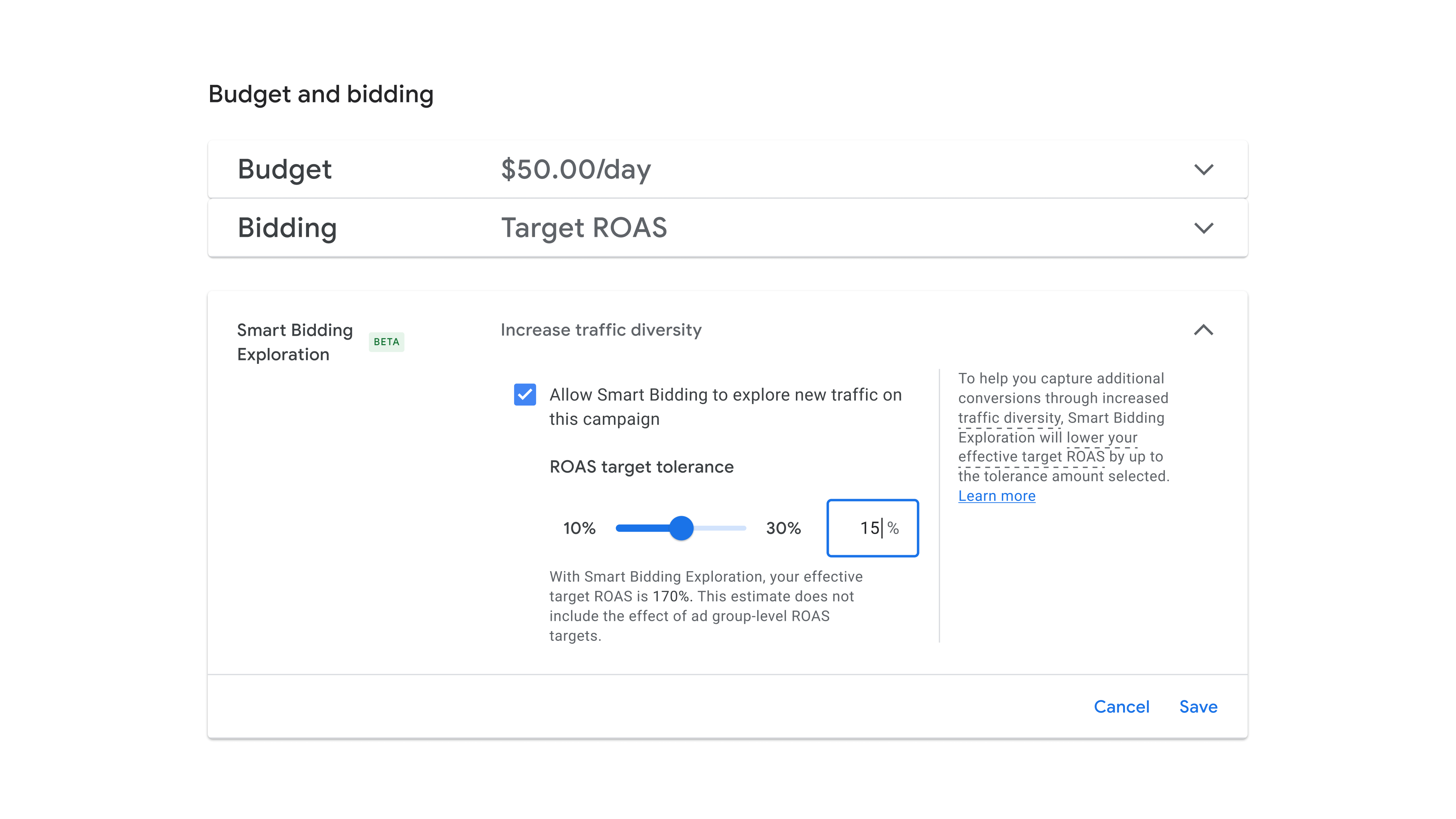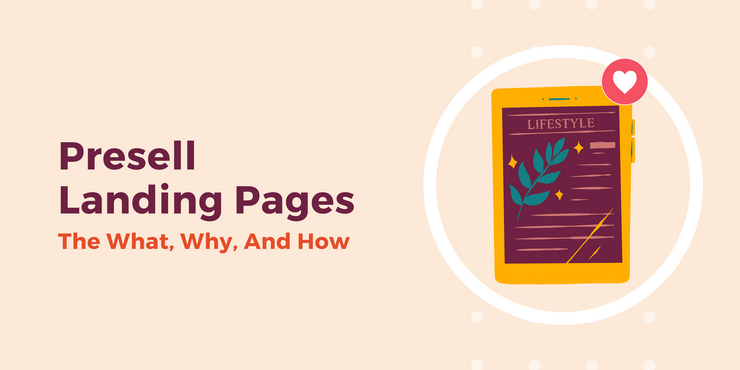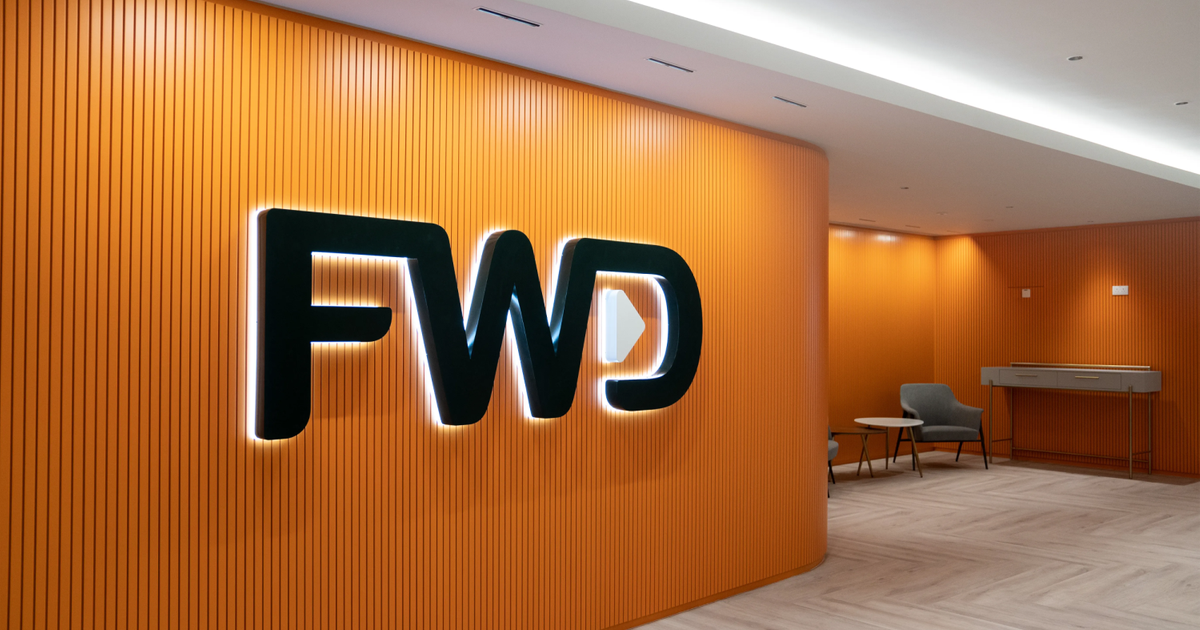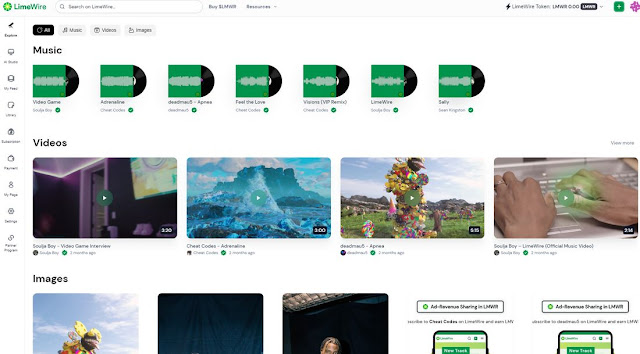The West's unity over Ukraine could be starting to crack, just as Russia's invasion gains ground
Western unity over the war in Ukraine is vulnerable, with one poll showing most people want an end to the war even if it means territorial losses for Ukraine.

President of Ukraine Volodymyr Zelenskyy visits the positions of Ukrainian troops located in the Bakhmut city and Lysychansk districts, Ukraine on June 05, 2022.
Ukrainian Presidency | Handout | Anadolu Agency | Getty Images
LONDON — There are increasing signs that Western unity over the war in Ukraine could be starting to crack as the conflict drags on and leaders face public discontent over rampant inflation and the cost-of-living crisis.
There are widespread concerns over how long the war could continue, with some strategists saying it has all the hallmarks of a war of attrition where no side "wins" and the losses and damage inflicted by both sides, over a protracted and prolonged period, are immense.
The U.S., U.K. and Eastern Europe appear staunch in their position that Russia must not be able to succeed or "win" in Ukraine by carving out (or reclaiming, as Moscow sees it) swathes of territory for itself, saying that could have major global geopolitical repercussions.
They have also been clear that it is Ukraine that must decide if, and when, it wants to negotiate with Russia over a peace deal. For its part, Kyiv has said it is willing to conduct talks but that it has red lines, chiefly, that it is not willing to concede any territory to Russia.
Nonetheless, there appears to be a faction within Europe — namely France, Italy and Germany — that are hoping for a peace deal sooner rather than later.
On Wednesday, French President Emmanuel Macron said Ukrainian President Volodymyr Zelenskyy and his officials will have to negotiate with Russia "at some point."
Macron and his German and Italian counterparts (who are all in Kyiv on Thursday) have all called for a cease-fire and for a negotiated end to the war, urging Russian President Vladimir Putin to hold peace talks with Zelenskyy, to no avail.
French President Emmanuel Macron arrives at Kyiv train station on June 16, 2022, after traveling from Poland with the German chancellor and Italian prime minister.
Ludovic Marin | Afp | Getty Images
In the meantime, Ukraine continues to plead for more weapons from its Western allies, with NATO officials meeting this week in Brussels to discuss Kyiv's urgent need for more arms.
It comes as Russia makes gains in eastern Ukraine largely as a result of its relentless artillery bombardment of the Donbas. Russian forces are making slow but steady progress in seizing more parts of the Luhansk and Donetsk regions where two pro-Russian separatist "republics" are located, which Moscow is intent on, as it says, "liberating" from Ukraine.
The West continues to help Ukraine; U.S. President Joe Biden said Wednesday that his administration will send $1 billion more in weapons to Kyiv, as well as another $225 million in humanitarian aid. For Kyiv, the weapons can't arrive quickly enough.
But questions are now being asked over how long its military assistance can last, particularly if the conflict continues for years.
Pentagon spokesman John Kirby was asked on CNN how much Biden is prepared to spend on Ukraine, given the inflation crisis and economic pressures the U.S. is facing at home. Data released last Friday showed the U.S. consumer price index rose 8.6% in May from a year ago, the highest increase since December 1981, with similarly elevated levels in Europe (the rate hit a 40-year high of 9% in the U.K. in April).
Saying Ukraine was "a key priority" for the president, Kirby said the U.S. will "do as much as we can for as long as we can," reiterating that the latest promise of weapons was just one small part of the larger $40 billion in aid approved by Congress.
"This is the first tranche announced inside that $40 billion total package. So we still have quite a way to go here ... How long can all that last? How long will the war last? Nobody can be sure," Kirby said.
"We know and predicted that the fight in the Donbas was going to be a slog, that it was going to probably stretch this war out many months. And it seems as if that's bearing fruit now."
Western leaders under pressure
When Russia's invasion started on Feb. 24, the West's unified opposition to the war, and robust response in imposing a raft of tough sanctions imposed on it, was striking.
Four months into the conflict, however, and Western leaders are increasingly coming under pressure from their electorates as the fallout from the conflict — essentially, soaring food and energy costs as a result of supply chain disruptions and sanctions on Russia — hit consumers hard.
Summing up the dilemma facing officials, Helima Croft, head of global commodity strategy and MENA research at RBC Capital Markets, said, "'What is the price you are willing to pay?' has seemingly emerged as the central question of the summer, as Western leaders seek to balance their desire to support the Ukrainian resistance with their urgent imperative to tame inflation and stave off recessions."
There appears to be a geographic dimension to this divide, Croft noted in her note Wednesday. "U.S., U.K. and eastern European leaders seem to be the staunchest defenders of the principle that Ukrainians will determine what constitutes a just peace and have expressed strong commitments to defending Ukraine's territorial integrity."
However, she said, "officials from continental Europe and many developing nations, on the other hand, appear more inclined to call for a compromise that will provide Putin with a 'golden bridge' to retreat across."
Croft said she had recently attended meetings and policy forums where "there was an appreciable divide" between those officials calling for more fulsome military assistance for Ukraine, and "those suggesting that it is time for Ukraine to consider making concessions at the negotiating table, citing the ruinous impact of rising commodity prices."
Europeans divided
A pan-European poll released Wednesday also indicated that Europeans' sense of unity over the war in Ukraine could be starting to wane.
A Russian serviceman inspects an underground tunnel under the Azovstal steel plant in Mariupol, amid the ongoing Russian military action in Ukraine, on June 13, 2022. (Photo by Yuri KADOBNOV / AFP) (Photo by YURI KADOBNOV/AFP via Getty Images)
Yuri Kadobnov | AFP | Getty Images
The study by the European Council on Foreign Relations think tank found an increasing level of concern among the public over the costs of economic sanctions and the threat of nuclear escalation, in particular. It was based on polling of more than 8,000 people between April 28 and May 11 across nine EU countries.
Some 35% of those questioned wanted to see an end to the conflict even if it meant Ukraine conceding territory to Russia, whereas 22% said they were more interested in seeing Russia punished for its aggression, even if it meant prolonging the war.
In addition, a growing number of people said they were worried that their governments were prioritizing the war ahead of other issues, such as the cost-of-living crisis.
"Many in Europe want the war to end as soon as possible — even if it means territorial losses for Ukraine - and believe that the EU, rather than the U.S. or China, will be 'worse off' as a result of this conflict," the report on the poll's findings, co-authored by Mark Leonard and Ivan Krastev, said.
"Unless something dramatically changes, Europeans will oppose a long and protracted war. Only in Poland, Germany, Sweden, and Finland is there substantial public support for boosting military spending."

 Troov
Troov 









